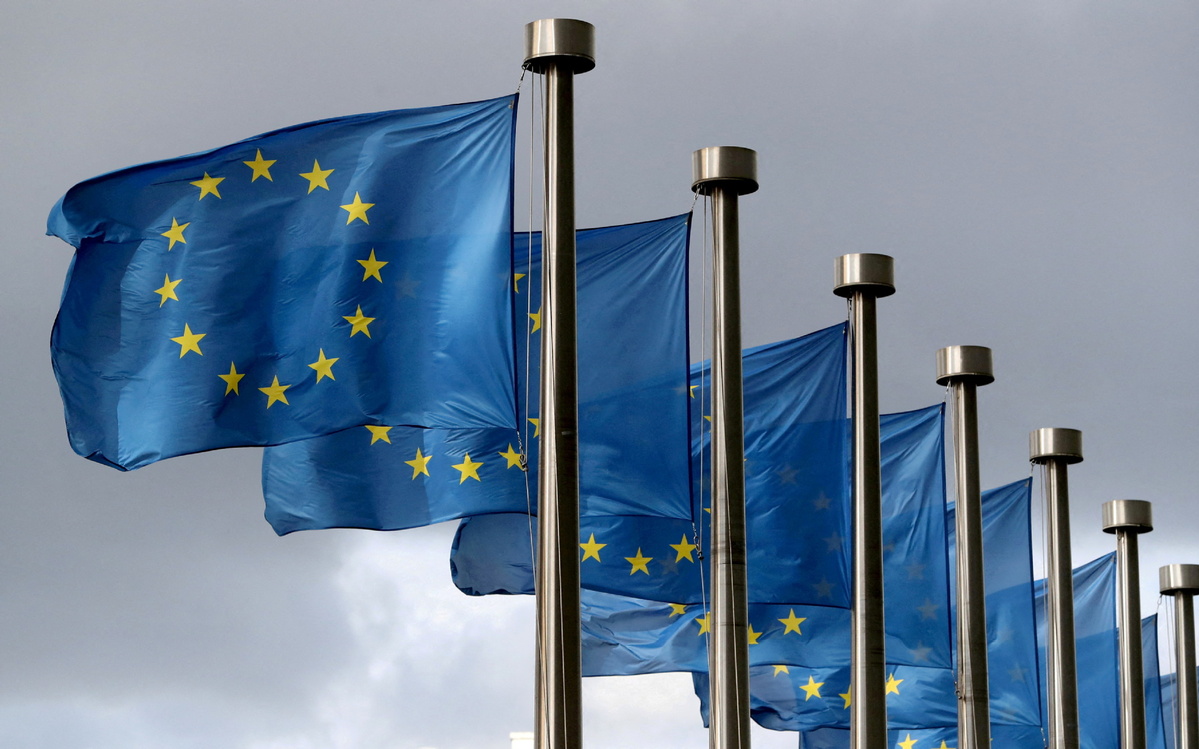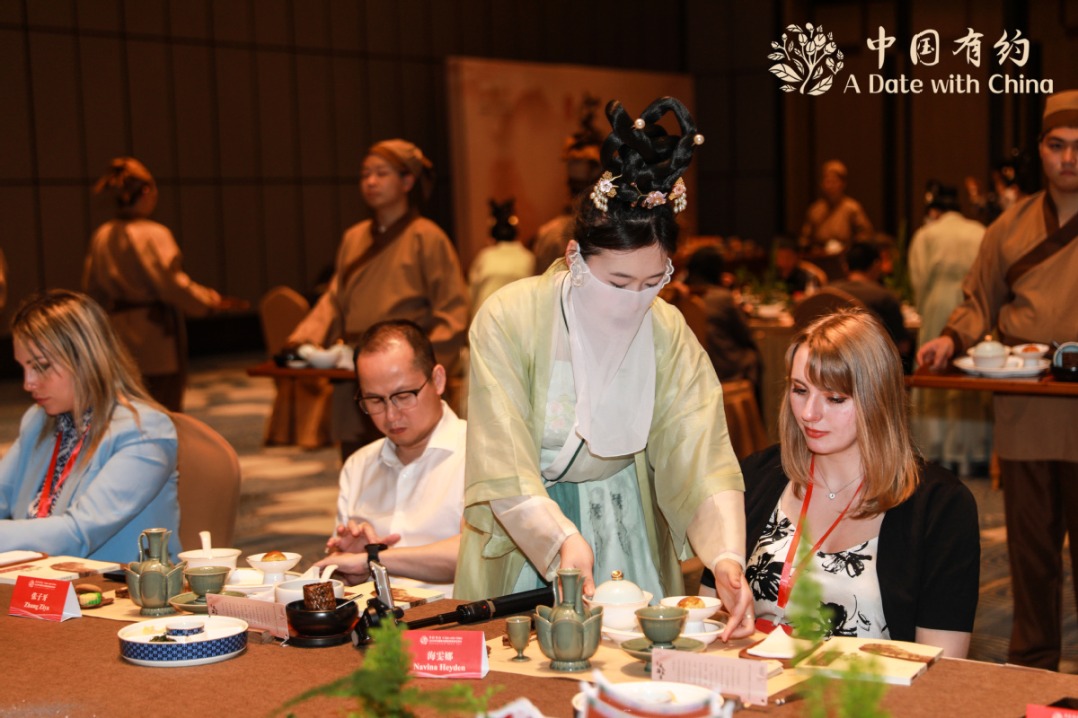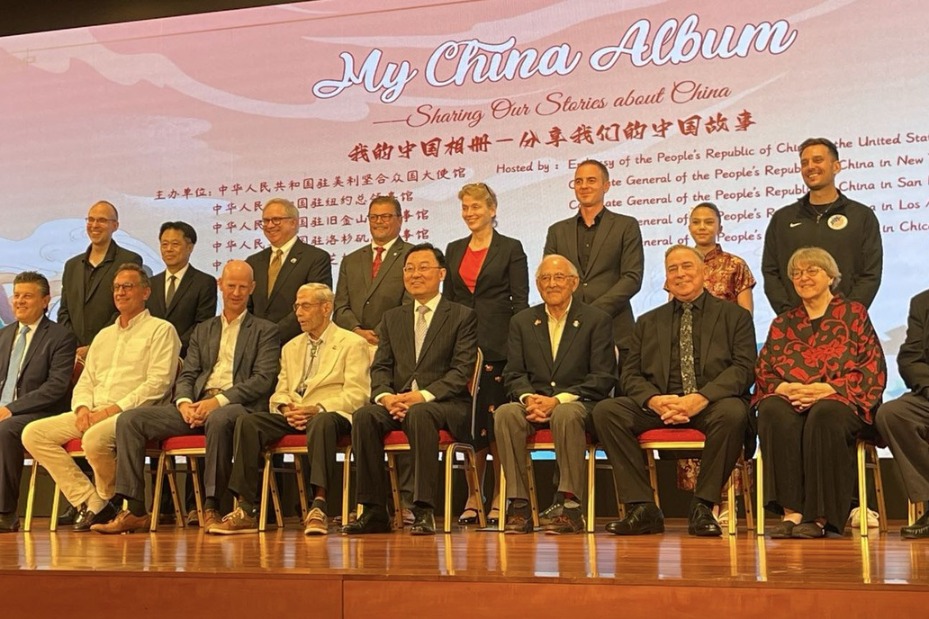Strategic autonomy crucial to EU interests: China Daily editorial
chinadaily.com.cn | Updated: 2023-10-17 20:55

From Paris to Brussels to other European capitals, there have been talks about the European Union's strategic autonomy. For example, French President Emmanuel Macron famously said European nations should pursue a path of their own, rather than become "America's followers".
After trade protectionism intensified in the US, especially after former US president Donald Trump announced his notorious "America first" strategy and denied climate change, the EU reaffirmed its role as an upholder of multilateralism.
Free and fair international trade has been instrumental to Europe's prosperity. That's why even as Washington weaponizes trade to upend geopolitical competitions, Brussels has maintained a distance from the US and proposed the strategy of "de-risking" instead of "decoupling" from China. Listening to EU decision-makers talking about defending free trade, one tends to take their commitment to free market for granted.
But if European Commission President Ursula von der Leyen and European Council President Charles Michel do reach an agreement with US President Joe Biden at their summit meeting on creating a joint tariff zone, targeting Chinese steel and aluminum imports, it will not be a matter of narrative alone.
Under the proposed "Global Arrangement on Sustainable Steel and Aluminum", which is meant to protect US and European producers, EU member states would impose higher duties on imports from allegedly "nonmarket" economies — 25 percent on steel and 10 percent on aluminum — according to US media outlet Politico. The so-called "green steel club" intends to exclude countries such as China with some of the membership criteria being explicitly targeted at China.
Designed as a solution to the EU-US dispute on steel and aluminum, the agreement will not only deal a blow to the EU's trade ties with China, but will raise serious questions about its commitment to free trade as well. Using national security as a pretext, Trump imposed punitive tariffs on all steel and aluminum imports, including those from the EU. While the compromise deal the EU and the US are expected to reach will likely exempt European imports, it will cause endless troubles for Brussels in the long run and on a wider range of issues.
To begin with, it will tarnish the EU's image as a staunch free trade advocate, undermine its pursuit of strategic autonomy, and sow discords between the EU and China, which have been mutually beneficial trade and economic partners.
As Chinese Foreign Minister Wang Yi told his Hungarian counterpart Peter Szijjarto, who is in Beijing to attend the third Belt and Road Forum for International Cooperation, China and the EU are partners, not rivals, and their common interests far outweigh their differences. What Szijjarto said in response is an apt analysis of the EU's policy: "de-risking" is exposing Europe to risks.
























